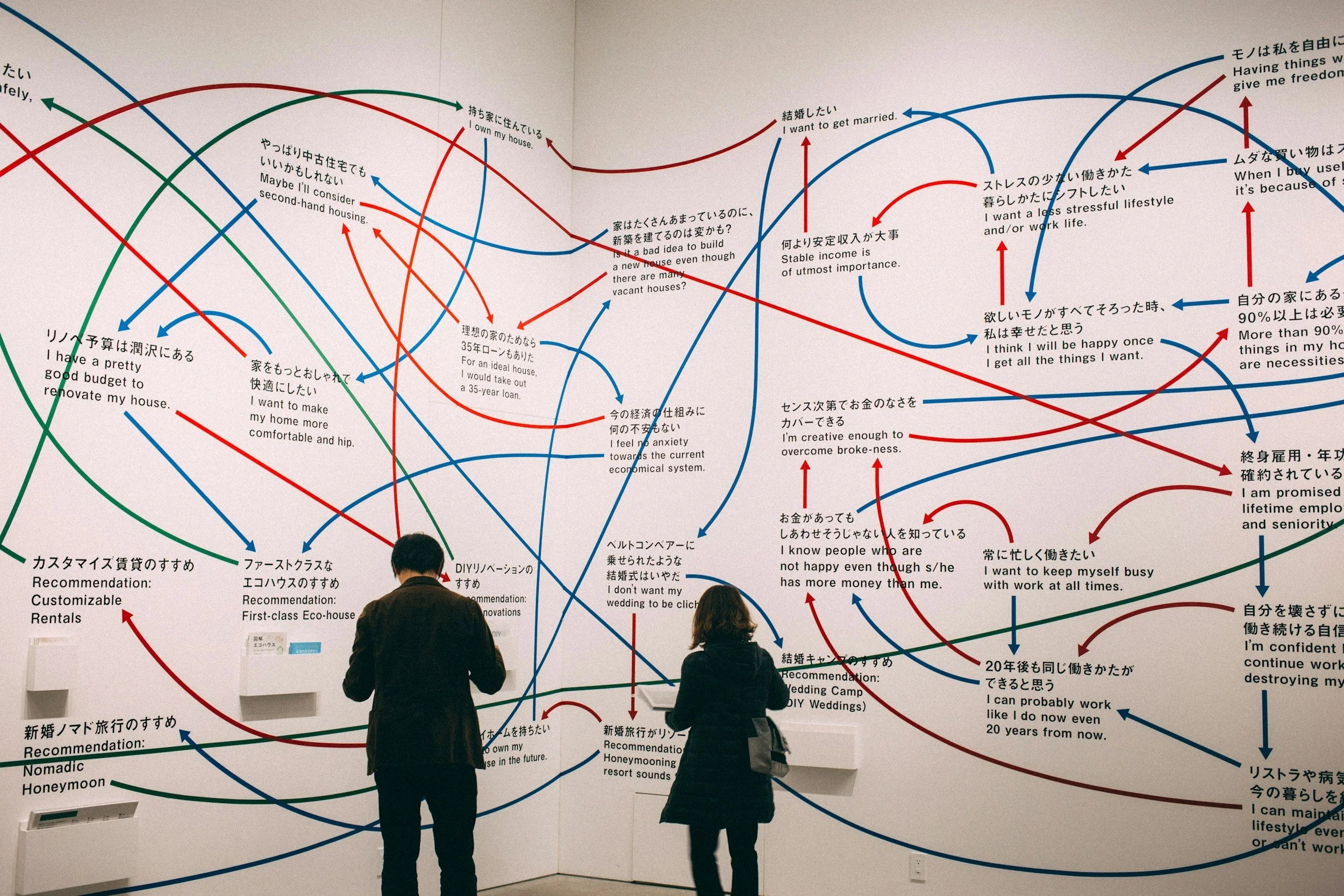Narrative Lectionary Key Verse for Today
“Then the Lord God said, ‘It is not good that the man should be alone; I will make him a helper as his partner.’”
NL Daily Devotion for Sunday, September 10, 2023
by Madison Johnston, Clergy Stuff
Main Idea: The story about where we came from is really the story about where God continues to call us: into connection with our people, our planet and our creator.
This passage from Genesis Chapter 2 is the second of two origin stories. The creation account in Genesis 1, which starts with “In the beginning,” was written by a source which Bible scholars call the Priestly hand. It is highly structured—moving from abstract, overarching ideas to smaller, detailed ideas in a linear fashion—and uses sophisticated grammar and syntax. The Priestly hand style mirrors and strengthens two, major claims about God: that God is the ultimate instigator and that God’s plans are perfect enough from the outset to be final. In essence, our first creation narrative is one where God draws up a blueprint for the cosmos and then gets to work executing it without any hiccups, obstacles or changes.
The creation account in Genesis 2 feels a lot more fluid than structured—a lot more random than linear. It seems here that God has a spirit of play as creation is unfolding—that God’s defining characteristic is reactivity instead of proactivity and that God is more likely to experiment with questions than lead with answers. That is because this creation account was written by a source known as the Yahwist hand, which is meant for a broader and more lay-level audience than the Priestly hand. The Yahwist hand style is experiential and almost poetic. It is intended to speak to the parts of God that humans recognize not only in the divine, but also in themselves.
So how are we supposed to think about God, then? If in our very own scripture we have two contradictory accounts about how the world came into being—about how we came into being—how are we supposed to know which version is the right one? The true one? What can we say is true about our creator?
The simple answer is this: that our God is a God of connection. Nothing in this story was brought into being for its own sake. Nothing in this story existed without touching or influencing something else. Did you notice the intentionality the author has here in calling out names for the garden and the rivers and the animals and the people we encounter? These names were decided in partnership between God and man, and were given based on how all of the beings functioned, together. Every inch of this story is a witness to the fact that God delights in togetherness, that God provides multiple ways out of loneliness, isolation and the feeling like something isn’t quite right or doesn’t quite fit.
When God came into the world as one of us, God could have chosen to live, travel, teach, perform miracles and take the journey to the cross alone. But as our secondary text from Mark tells us, that’s not what happened, because aloneness is not what our God is about. Instead, God called disciples into God’s work and told them from the outset that their charge was to call even more people in, themselves.
Our promise today is that everything God does—preemptive or after-the-fact, curious or knowing—God does for the sake of rooting us, grounding us, and connecting us to our world, to each other, and ultimately, back to the divine.





